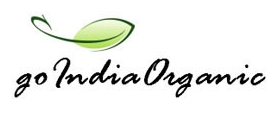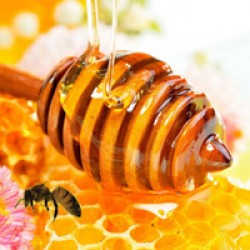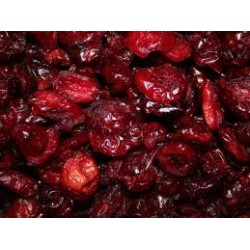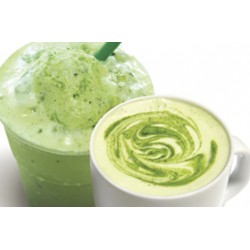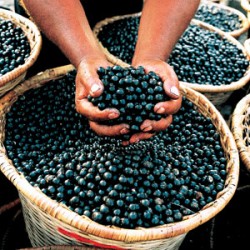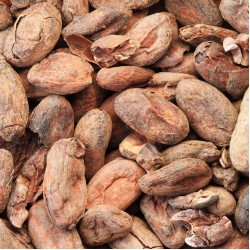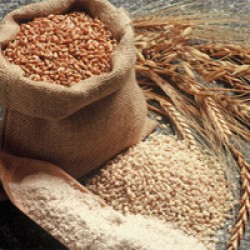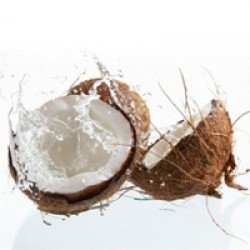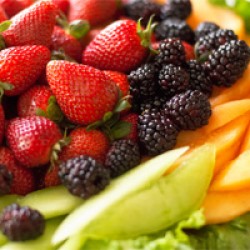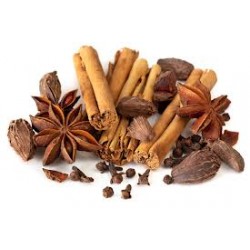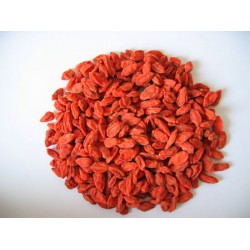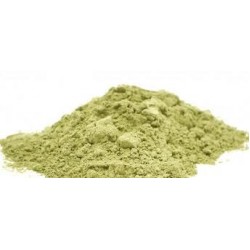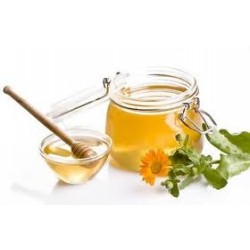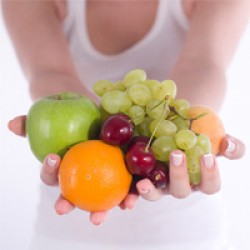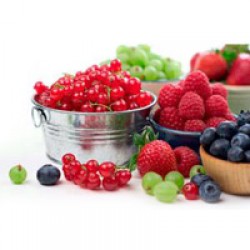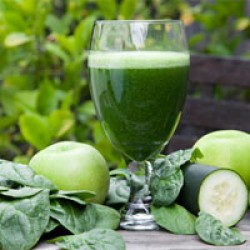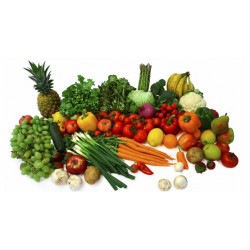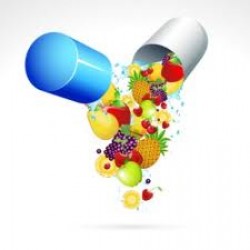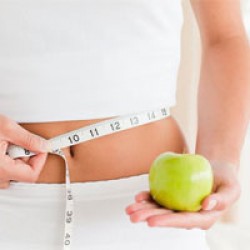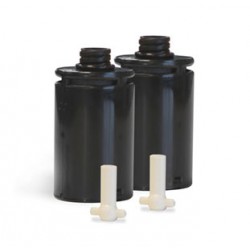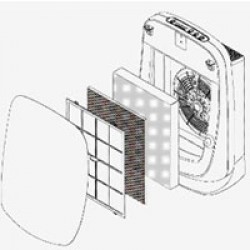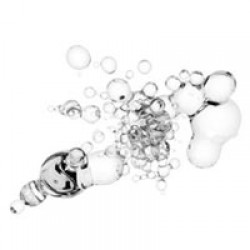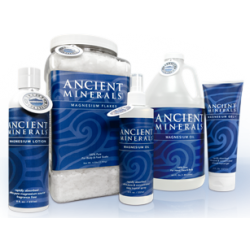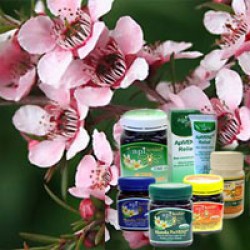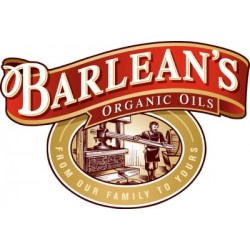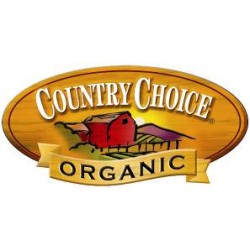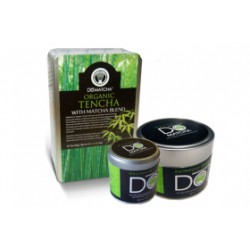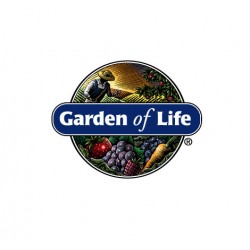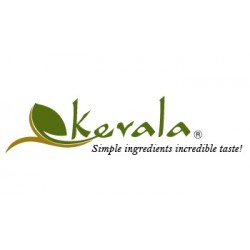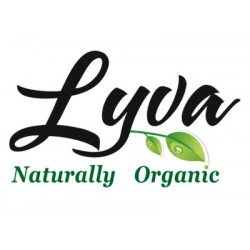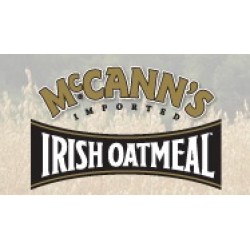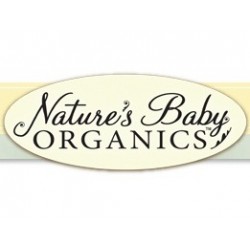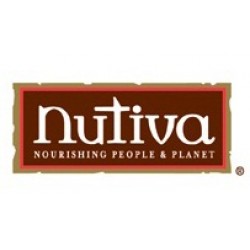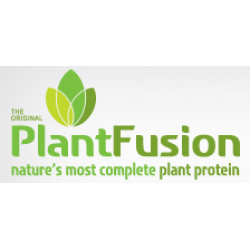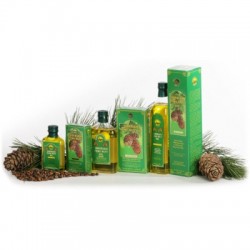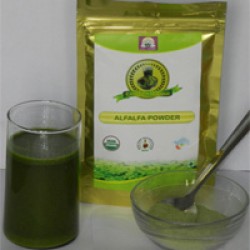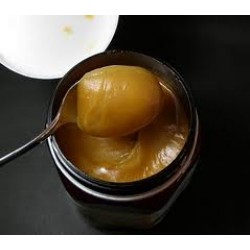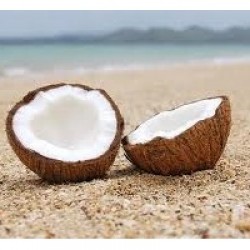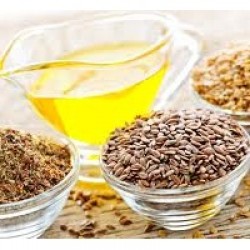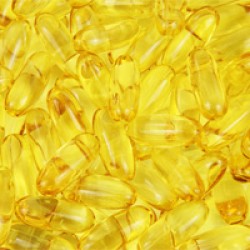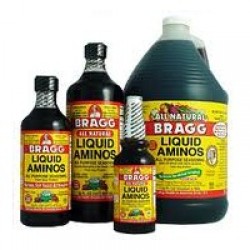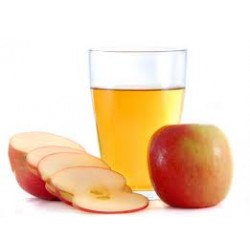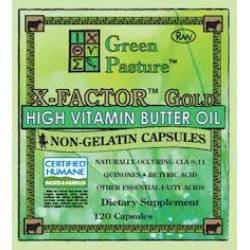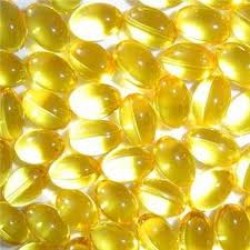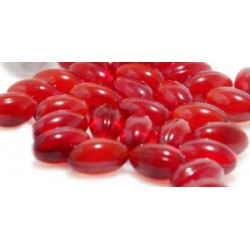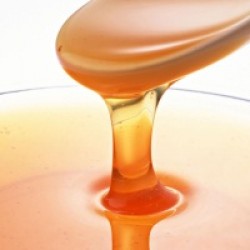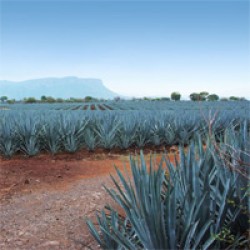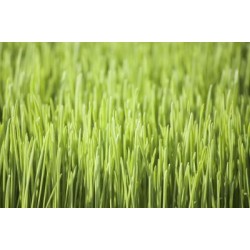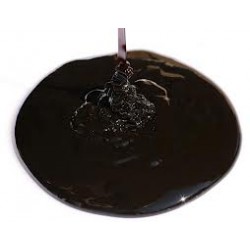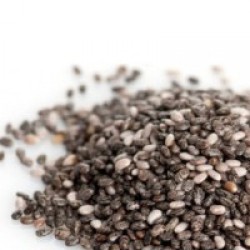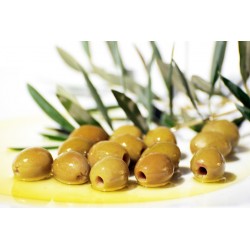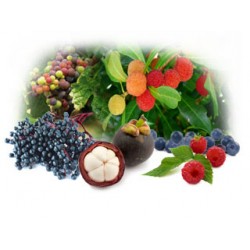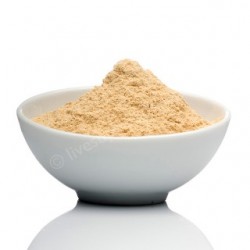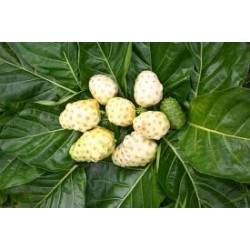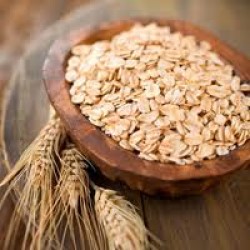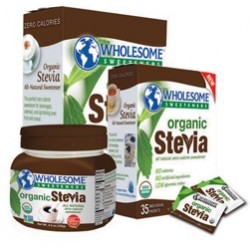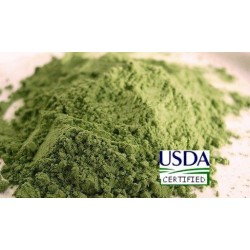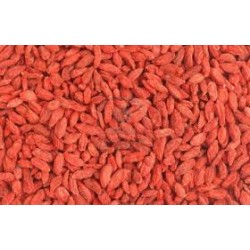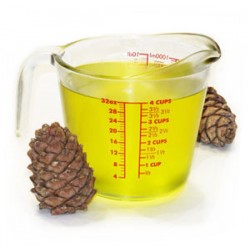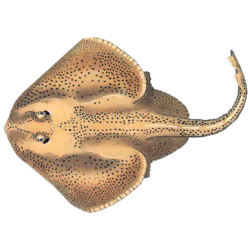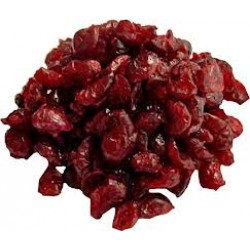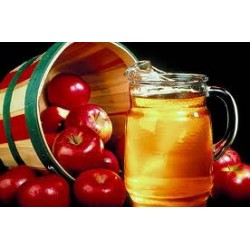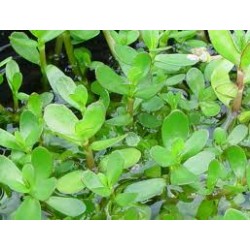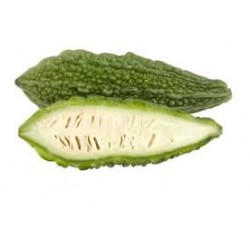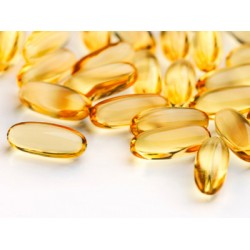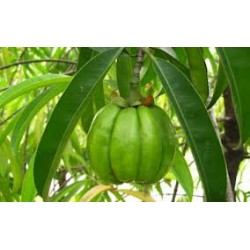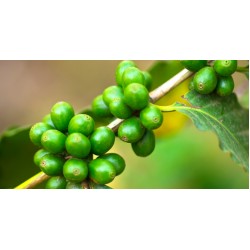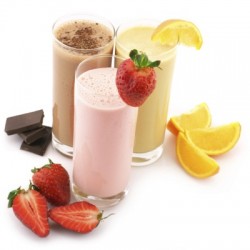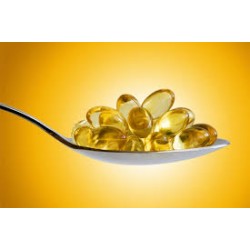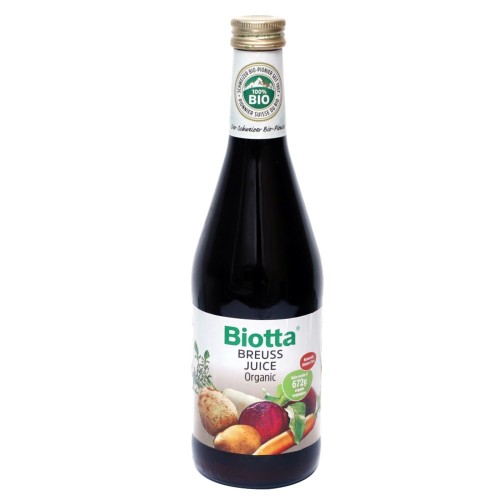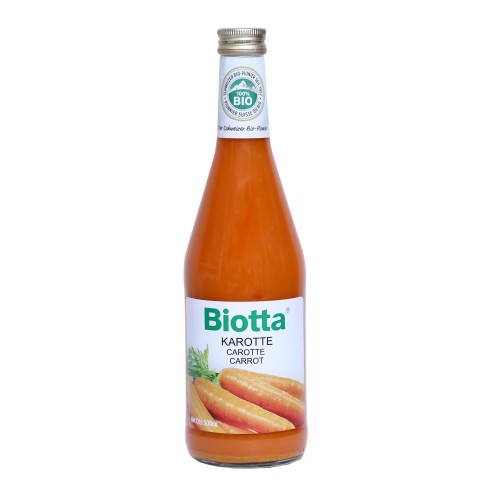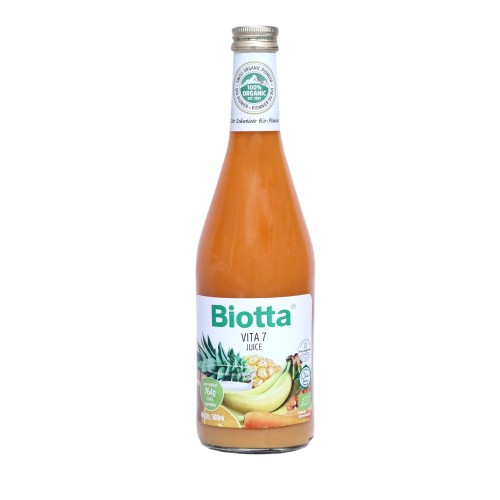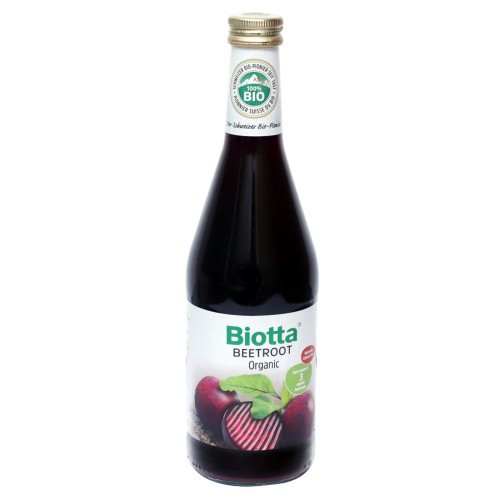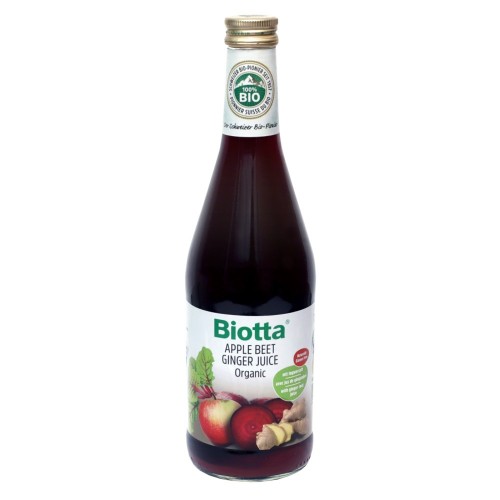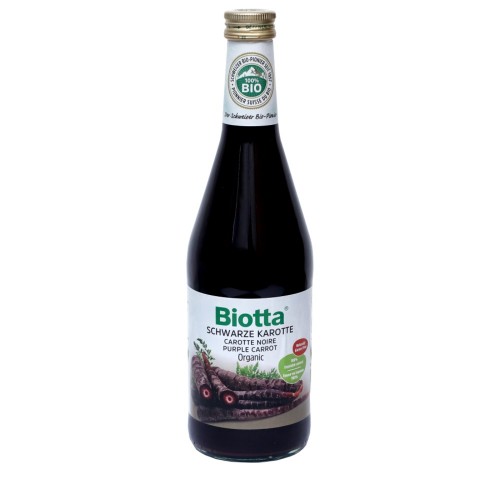Organic Breuss Juice 500 ml from Biotta, Switzerland
Biotta Breuss Juice - Organic Vegetable Juice, made to an original recipe from Rudolf Breuss
Rudolf Breuss, a naturapath from Austrial, developed the recipe for the special juice decades ago. Biotta obtained the world rights to manufacture this exclusive Breuss Juice, and remain in close contact with the family and descendants of Rudolf Breuss. Ths exact recipe of this juice remains a well-kept secret. It contains premium organic vegetabls - not even salt is added. This unclarified juice is a source of potassium, that further helps in maintaining of healthy blood pressure
Biotta Breuss Vegetable Juice is suited for fasting regimens. Breuss blends all the benefits of beet, carrot, celery root, potato and radish juices into one delicious juice!. Organic Breuss Juice is available in 500 ml from Biotta Switzerland
Excellent Source of Potassium
Gluten-free
Vegan
No Sugar Added
Ingredients: organic beetroot juice, organic carrot juice, organic celeriac root juice, organic potato juice and organic radish juice.
Juice of: 672g organic vegetables
Vegetable content: 100%
Allergy information: contains celery
Biotta Fermentation
All Biotta vegetable juices are fermented and contain lactic acid. It’s an organic process—all of their vegetable juices are 100% naturally fermented. Biotta juices are lacto fermented. There is no yeast involved. The fermentation creates natural lactic acid.
What is Lactic Acid?
Lactofermentation converts sugars and starches found in the vegetables into lactic acid, which is a natural preservative. In Biotta juices, lactic acid is produced as part of a naturally spontaneous fermentation process. Lactic acid preserves the juice and prevents bacterial deterioration. Fermentation has been used for thousands of years in such foods as sauerkraut, cheese, wine, sour grained porridge and breads. Lactic acid improves the microbiological stability and safety of Biotta juices.
In addition to preservation, lactic acid foods are of vital importance to the human body, especially for digestion and metabolism. Modern medicine is catching up with what our ancient forefathers knew: fermentation is good for you. Nourishedkitchen.com published an article on lactic acid fermentation which states: “Vegetables, fruits, legumes and grains subjected to lactic acid fermentation… see increases in both their macro- and micronutrient profiles.” Later in the same article it says: “Vegetables that have undergone lactic acid fermentation… often see an increase in the activity of vitamin C and vitamin A.”
Eat Better. Feel Better. The consumption of lactofermented vegetables has been studied for its potential health benefits. These studies have revealed significant benefits in the area of reestablishment and maintenance of intestinal health, increased immune function, digestion aid, constipation relief and decreased allergies and infections.
How Biotta Juices Retain Their Vitamins
Biotta’s unique pasteurization and manufacturing process is important in retaining their 100% organic juices’ high nutritional value and fresh taste. It is the key to the high quality and long shelf life of every Biotta juice.
Once they have picked their fruits and vegetables at the peak of ripeness to ensure the highest quality, they employ their proprietary production method. The process excludes oxygen as much as possible, hindering oxidation and the resulting loss of vitamins. Next, they decant the juice from the fruits and vegetables. Instead of pressing the juice, which can damage the nutrients, Biotta uses a process of centrifugation to separate the juice from the mash. This basic principle applies throughout the process: the fewer the processing steps and the lower the temperature, the higher the nutritional value of the juice.
With pasteurization, the longer the process and the higher the temperatures, the greater the damage to the juice and its vitamins. Cooking and processing foods at high temperatures destroys nutrients by altering their shape and chemical composition. Because of that, Biotta juices are pasteurized at an average temperature of 185 degrees Fahrenheit, whereas many competitive juices are sterilized at over 250 degrees. Biotta heats the juice quickly and immediately cools it down, using as few stages as possible.
They also use a natural process of lactic acid fermentation, such as is used in the making of sauerkraut and yogurt. Biotta applies the same principle in the production of their all-natural vegetable juices. Enzymes (complex proteins) are deactivated through this preservation process. This maintains the premium quality of the juices while in storage. 100% non-gas-permeable glass packaging is used. Glass provides the best product protection and no undesired external elements (oxygen) can permeate the product, resulting in the best vitamin retention. UV-rays (light influence) can break down vitamins, which is why Biotta products are packaged in closed cartons for storage and transportation.
Biotta FAQ's
Why are there variations in color, flavor and aroma in Biotta products?
Depending on the weather, the natural sugar content, the acidity, the color and the flavor of fruits and vegetables can vary. Similar to wine, the climatic variations from year to year result in sensory variations which make up the distinctions in vintages. Biotta tries to avoid greater variations as much as possible by controlling the types of fruits and vegetables chosen and through the blending of different batches. Biotta does not use concentrates, the dilution of which can provide a standardized product. Their products are absolutely natural and uncompromised. No adjustments in aroma, flavor or color are made.
Why do Biotta berry juices contain sugar?
Berry juices such as bilberry and elderberry are naturally very strong and sour tasting. Sugar is added for drinking pleasure. The flavor is enhanced with appropriate tea blends and/or the addition of unrefined sugar or agave juice to neutralize acids.
Why do Biotta juices contain sediment?
Sediment contains many beneficial properties, such as phytonutrients. For this reason, Biotta juices are not enhanced or clarified (sediment filtering) whenever possible. In order to retain the highest possible quantity of vital nutrients, sediment is an essential part of the product. The sediment supports and enhances the characteristics of the juices. Sediment is a sign of juice in its natural state and Biotta recommends shaking the bottle vigorously before consuming. In order to remove the sediment, chemical-physical methods are necessary, which are not in accordance with the Biotta philosophy.
What is the shelf life of Biotta juices?
Biotta juices have a two-year shelf life. That means that, from the date of production to the date the product expires, Biotta juices can sit on your shelf. At any point in that time period, you can open a bottle of our organic vegetable or fruit juice and experience fresh-from-the-field flavor and nutritional value.
Why is such a long shelf life necessary?
1. Fruits and vegetables are only harvested once a year, so that necessitates a minimum shelf life of one year.
2. Due to worldwide transportation and distribution, Biotta has to ensure enough time for supplies to reach their markets.
3. Most importantly, they want to ensure that you receive the freshest, best tasting juice available.
How does Biotta achieve a two-year shelf life?
Biotta’s two-year shelf life is made possible by their innovative production, packaging and distribution methods. Also, Biotta fruit and vegetable juices are acidic; acidic juices have a naturally longer shelf life without compromising quality.
Pasteurization. Biotta's gentle pasteurization method heats the juice quickly and at a low temperature, and then cools it down immediately, allowing for greater retention of nutrients. The longer the pasteurization process and the higher the temperatures, the greater the damage to the juice and the vitamins it contains. Because of that, their juices are pasteurized at an average temperature of 185 degrees Fahrenheit, whereas many competitive juices are sterilized at over 250 degrees.
Packaging. They package their juices in non-gas-permeable glass packaging; glass provides the best protection for our juices and does not allow external elements to permeate the bottle. The bottles are then placed in cartons and protected from light and dust.
What happens once the bottle is opened?
Biotta recommends their healthy juices be refrigerated before enjoying. Once opened, Biotta juices can be stored in the refrigerator and enjoyed for seven days.
Why does Biotta use glass bottles?
Glass provides the best product protection. Combined with Biotta’s own safety seal (aluminum tamper evident caps), glass bottles ensure non-gas-permeability. This means external, undesired elements (such as oxygen) cannot get into the product, and nothing is able to escape from the bottle (flavor). This allows for full retention of flavor, content and aroma. Juices bottled in glass have the longest shelf-life and the consumer is able to see the contents of the bottle. With glass bottling, there is no migration of packaging materials into the product, as can happen with PET, carton or aluminum, having negative effects on product quality.
Glass is completely tasteless. According to a study by the Karmasin Institute for Motivational Research in Vienna, Austria, 72% of consumers find glass ideal packaging for organic products. They find glass to be hygienic, appetizing, recyclable, tasteless and practical. As far as enjoyment/refreshment, according to a study by the G.R.P. Institute for Rational Psychology in Stuttgart, Germany, packaging has a major influence on the enjoyment of a beverage. The test showed that juice in glass received the best ratings, and juice in PET and cartons ranked much lower. Women, primarily, were found to rank juice in glass bottles much higher in areas of flavor, enjoyment and superiority.
Natural or Organic – What is the Difference?
Many food labels say “Natural” or “Organic.” The questions are “Is there a difference?’ and ‘What do each of those really mean?’ The answers are quite clear. Generally speaking, natural foods are foods that do not contain any additives, such as preservatives or artificial coloring. Organic foods are made according to certain production standards. The use of conventional non-organic pesticides, insecticides and herbicides is greatly restricted and avoided.
What is organic food? Organic food is produced by farmers who emphasize the use of renewable resources and the conservation of soil and water to enhance environmental quality for future generations. Organic meat, poultry, eggs, and dairy products come from animals that are given no antibiotics or growth hormones. Organic food is produced without using most conventional pesticides; fertilizers made with synthetic ingredients or sewage sludge; bioengineering; or ionizing radiation. Before a product can be labeled ‘organic,’ a Government-approved certifier inspects the farm where the food is grown to make sure the farmer is following all the rules necessary to meet organic standards.
Organic farming uses natural fertilizers, green manures, and crop rotation to minimize insects and diseases and maximize the soil health. It reduces external influences that could compromise the purity of the harvest and eliminates synthetic pesticides, hormones and antibiotics. It places a strong focus on renewable resources and protecting the environment.
Biotta juices are proud to bear the certification of four European Organic agencies. Grown on more than 1,700 acres of chemical-, fertilizer- and toxic-free land, our fruits and vegetables are vine-ripened and are processed in a strict, quality controlled manufacturing environment.
We proudly associate with Biotta, Switzerland, making Biotta Breuss Juice available in India !!!
